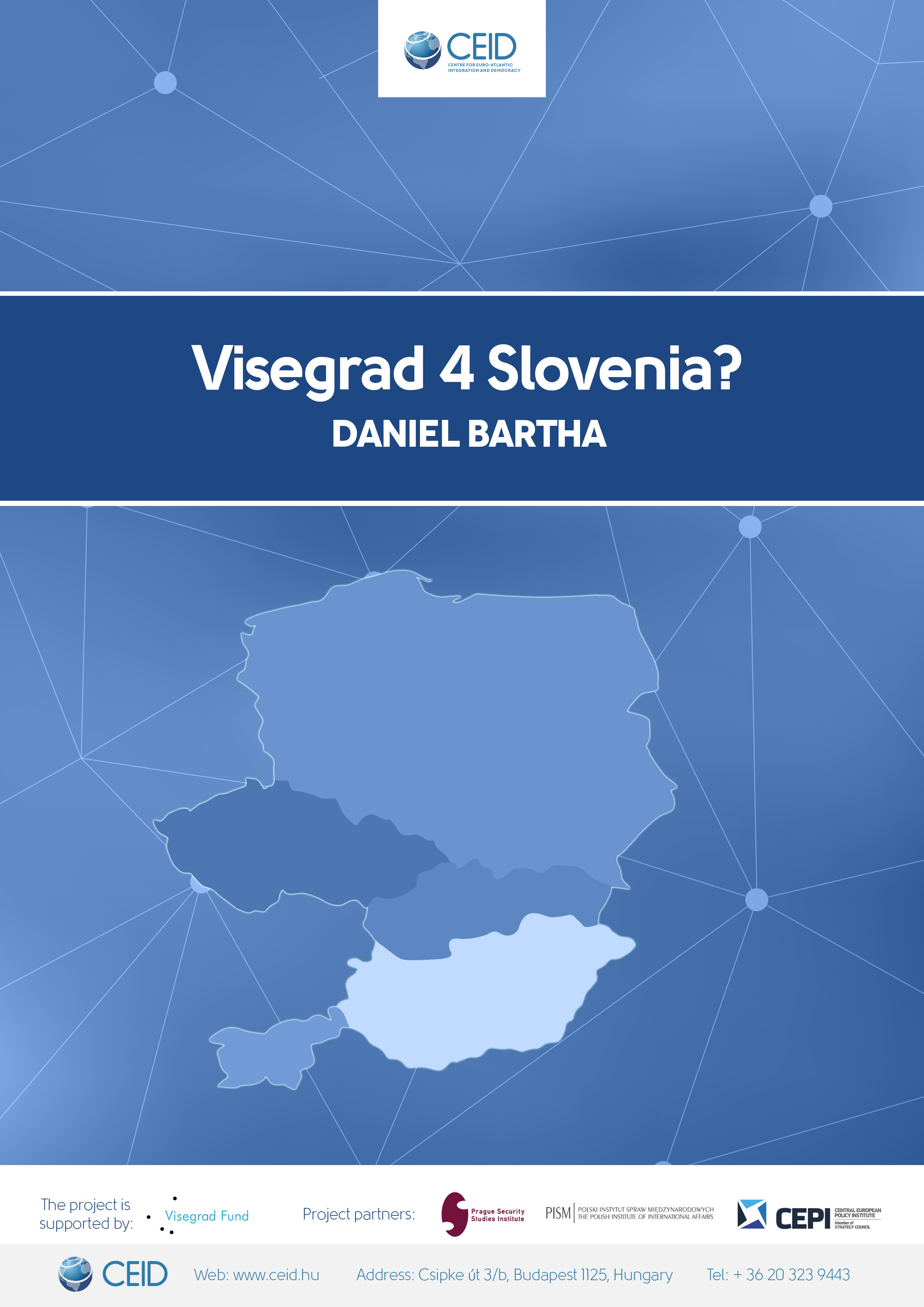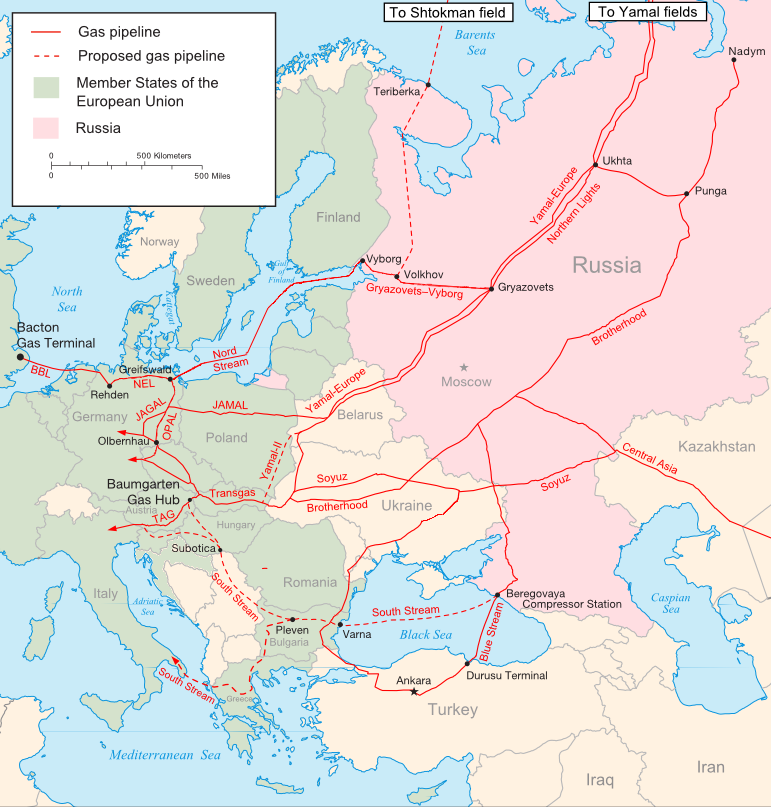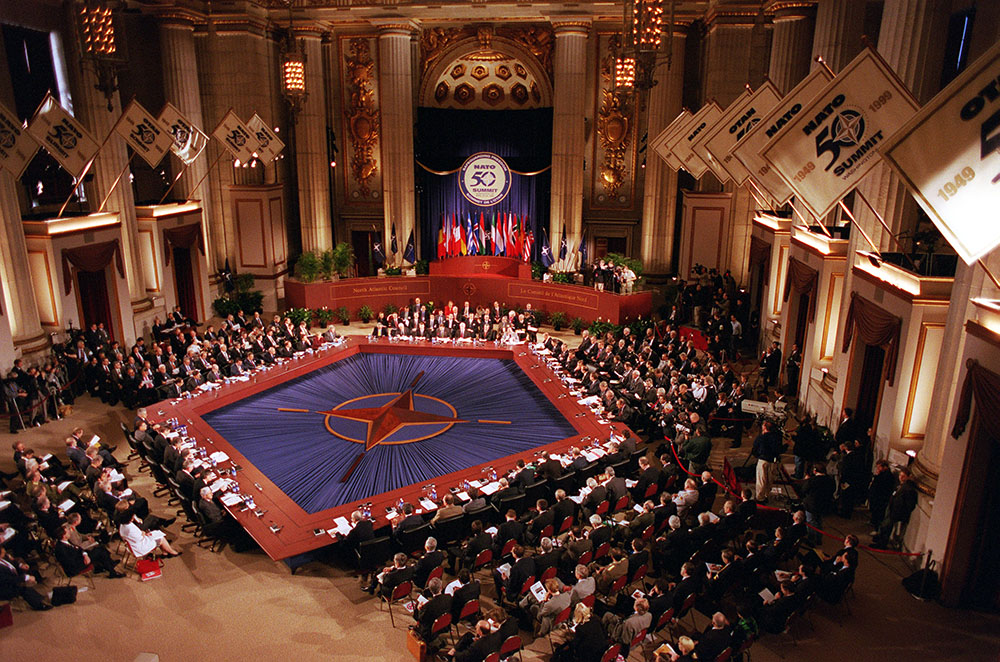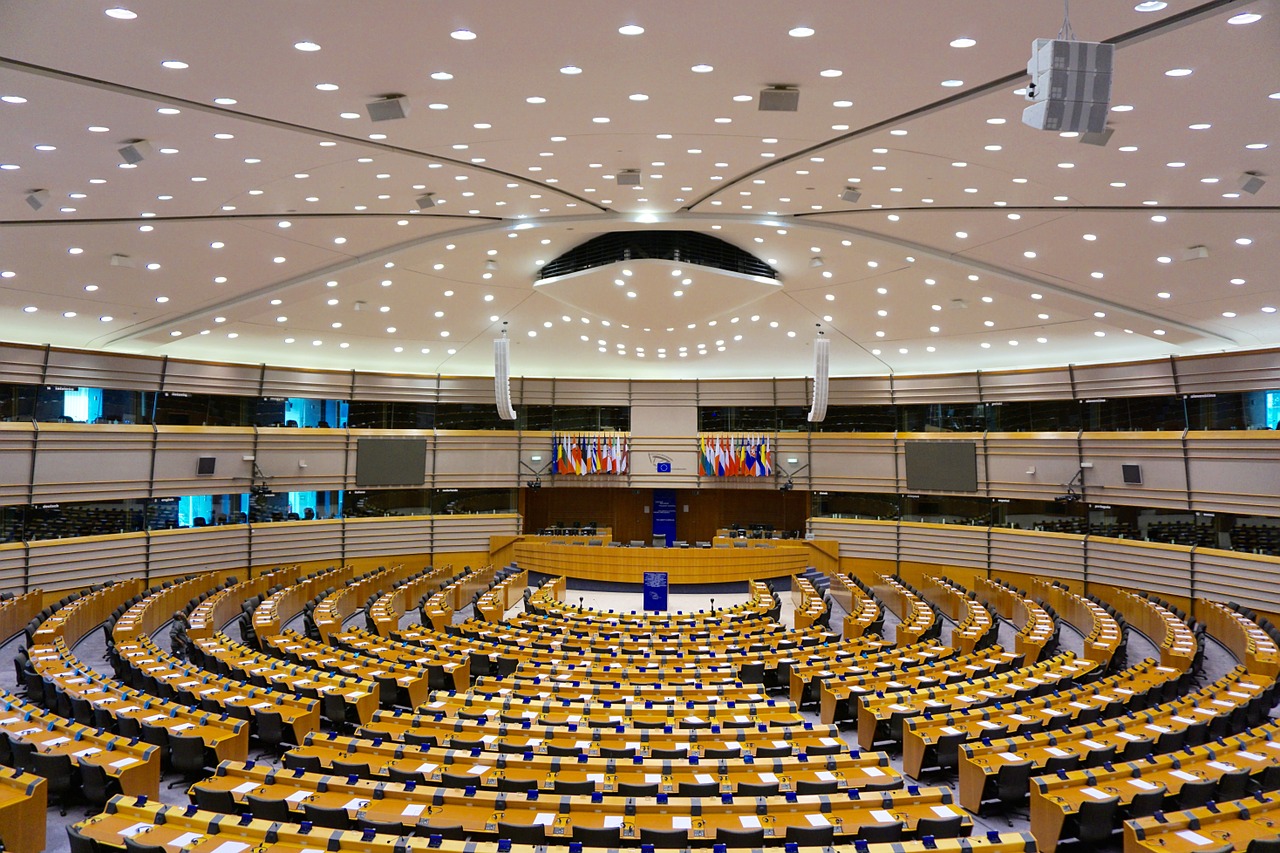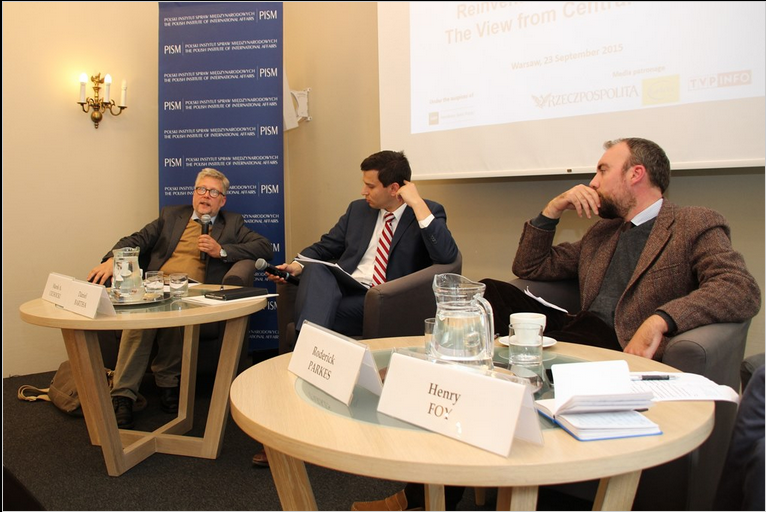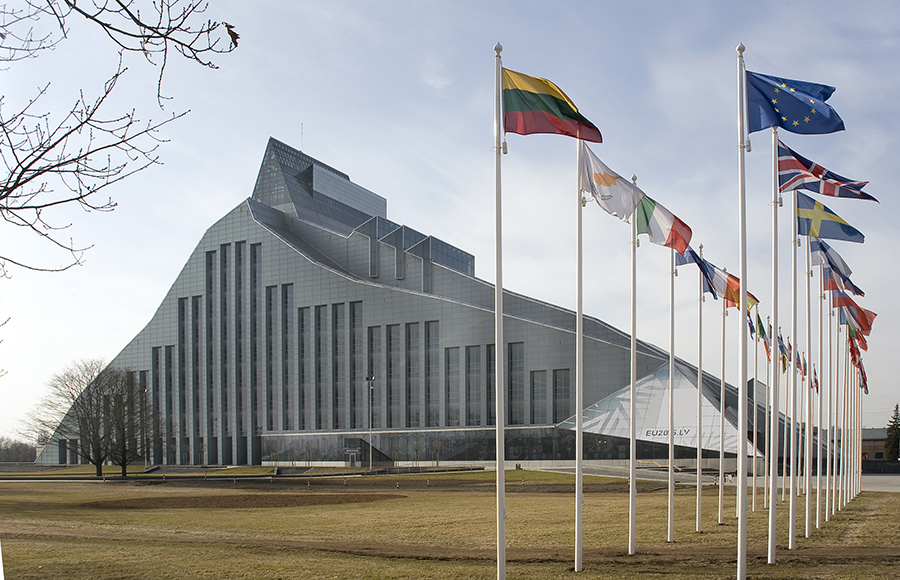01 Dec Merkel and Orbán: Splitting the EU?
Divided in Unity The EU plunged into an unprecedented crisis due to the inflow of the refugees and the terrorist threat, apparent to everybody after the Paris attacks. Member states are pulling into different directions, national solutions overwrite a potential common approach and a new dividing...



